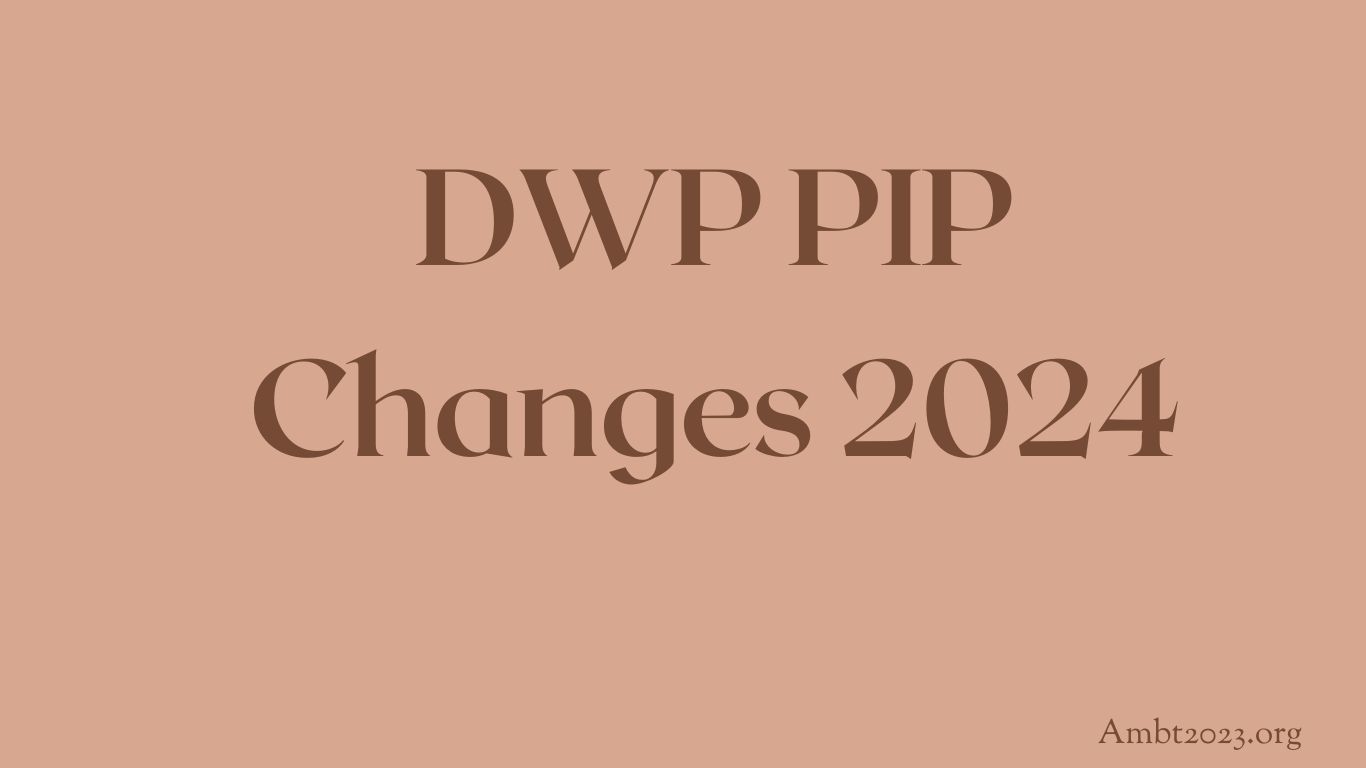For the fiscal year 2024–2025, the Department for Work and Pensions (DWP) has declared a rise in the Personal Independence Payment (PIP) payment rates. PIP rates will increase by 6.7% as of April 8, 2024, as a result of law requiring them to at least keep up with the annual rate of inflation.
PIP is a benefit intended to help people who have increased expenses because of long-term medical illnesses or disabilities that limit their mobility or capacity to perform everyday duties.
What is the personal independence payment?
In the UK, the personal independence payment is considered a welfare benefit. It is intended to assist those who are struggling to pay for additional expenses related to chronic disease, disability, or mental health issues.
In April 2013, PIP took the position of Disability Living Allowance (DLA) for those aged 16 to state pension age. It makes no difference how much money you make or have saved because it is not means-tested.

PIP is determined by how your illness impacts you, not by the illness in se. The extent to which your condition limits your ability to perform specific daily activities and mobility tasks will determine how much you receive.
PIP Pay Dates 2024
On April 8, 2024, adjustments for the Personal Independence Payment (PIP) started. However, because PIP payments are made every four weeks to reimburse the expenses incurred in the previous month, not everyone will immediately notice the raise.
The payment is past due, which is the cause of this delay. The revised rates will take effect on April 8, 2024, albeit the precise impact on payments may vary based on certain payment cycles. Typically, PIP is paid every four weeks.
- A payment was made on May 3 if it was due on May 6, 2024.
- You will get payment on May 24 for any amounts payable to you on May 27, 2024.
Who Is Eligible For PIP?
- You must be older than 16 but younger than the State Pension age in order to be eligible for Personal Independence Payment (PIP).
- Additionally, you must have a medical condition or impairment that makes getting around and/or living more difficult on a daily basis.
- Unless you are terminally sick and have six months or less to live, you must have been experiencing these problems for at least three months and anticipate that they will last for at least nine more months.
- People who need help with everyday tasks frequently also require aid with personal care, such as assistance with meal preparation, personal hygiene, dressing and undressing, communicating, and managing medications.
